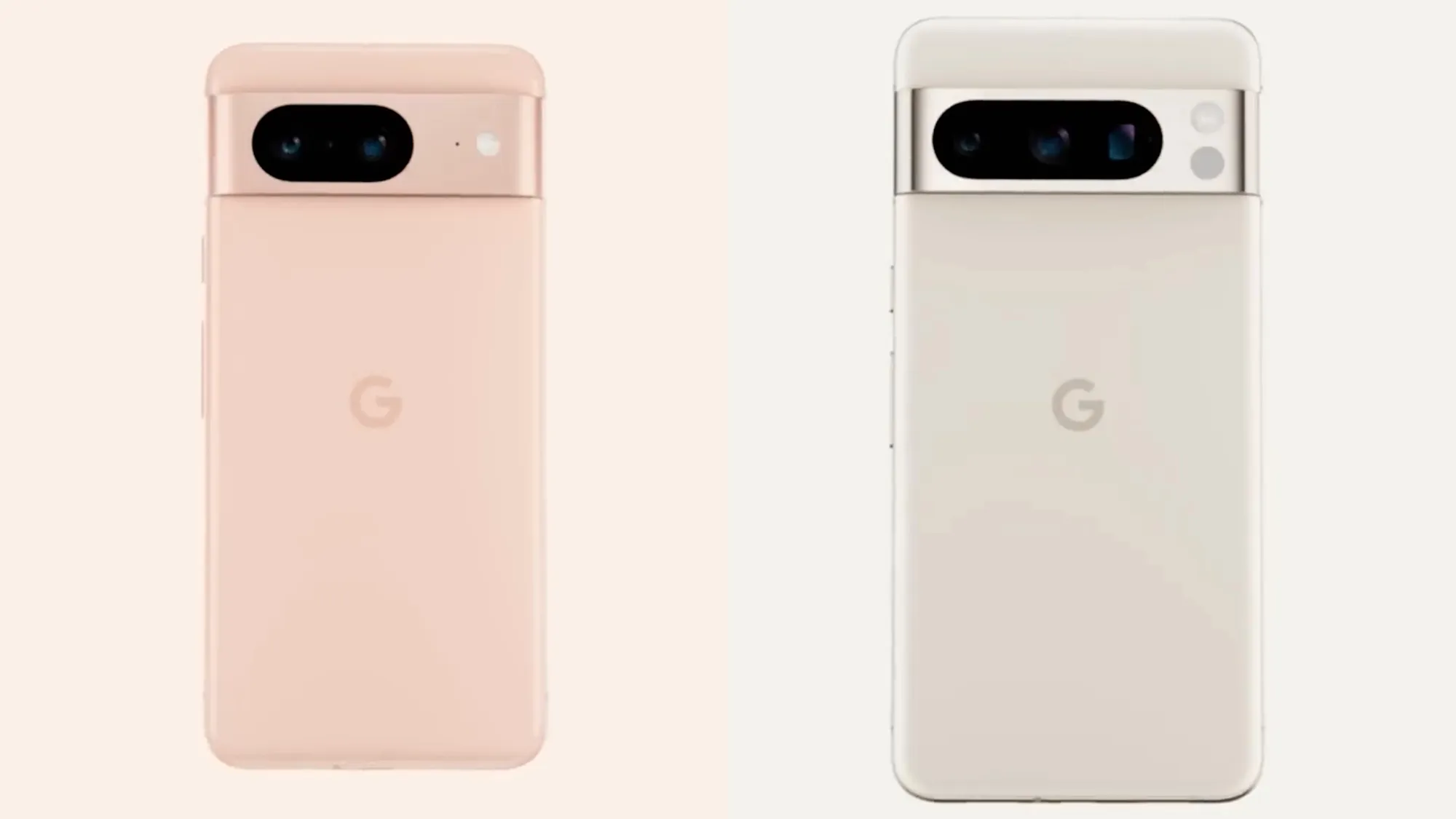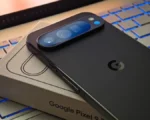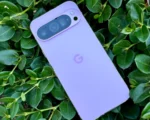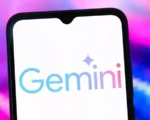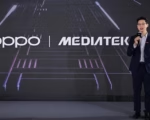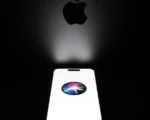The AI assistant is designed to leverage data from a user’s phone, incorporating information sourced from Maps and Gmail.
Google has recently unveiled Gemini, a groundbreaking foundational model that can perform a wide range of tasks across natural language, computer vision, and audio domains. Gemini is already available for developers to use, but Google is also working on integrating it into its own products and services. One of the most intriguing projects is Pixie, a new AI assistant that will be exclusive to Pixel devices.
According to a report by The Information, Pixie will use Gemini to access and analyse data from Gmail, Maps, and other Google products on the user’s phone. The goal is to create a more personalised and context-aware version of the Google Assistant, that can perform complex and multimodal tasks. For example, Pixie could suggest directions to the nearest shop where the user can buy an item they have photographed, or book a table at a restaurant they have searched for.
The report also claims that Pixie could launch with the Pixel 9 and 9 Pro, which are expected to be released in late 2023. However, Pixie is not the same as Assistant with Bard (AWB), another AI feature that Google showcased in October. AWB is a conversational interface that can generate natural language responses based on Gemini’s capabilities. Google said that AWB will be available for Pixel devices early next year, and will likely also be compatible with Samsung and iOS devices.
Pixie could be seen as an evolution of AWB, or a different application of Gemini’s power. It is unclear why Google is making Pixie exclusive to Pixel devices, but it could be a way to differentiate its flagship phones from the competition. The report also suggests that Google is planning to bring Gemini-based AI features to its lower-end phones and wearable devices, such as its smartwatch.
Google is purportedly exploring another ambitious project involving a pair of glasses that might utilize Gemini to identify objects observed by the wearer, offering guidance or information. These smart glasses could assist users in learning activities such as playing a musical instrument, solving math problems, or using various tools.


